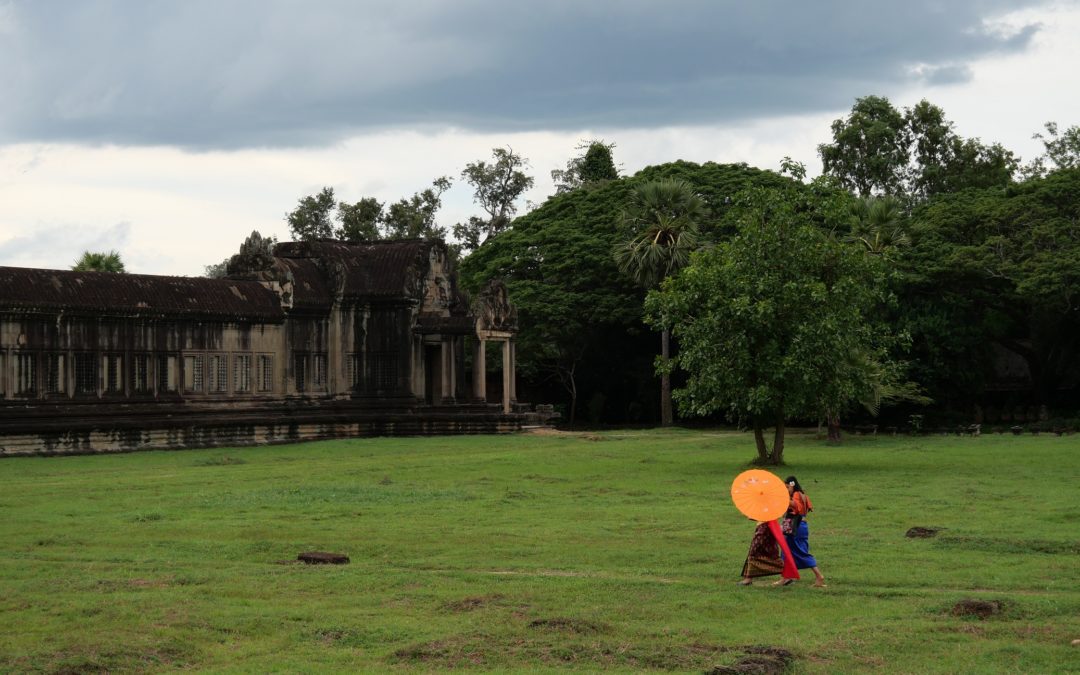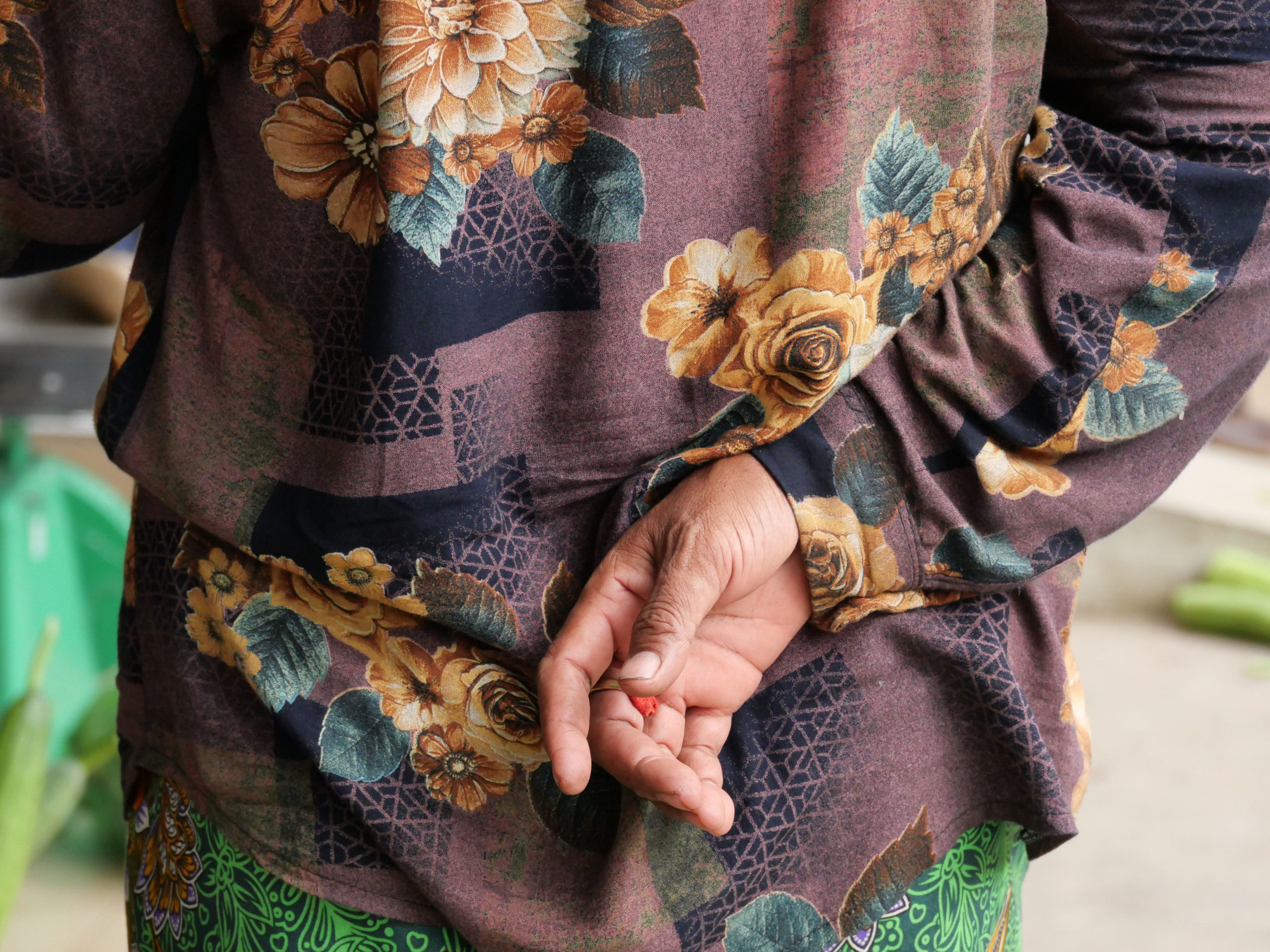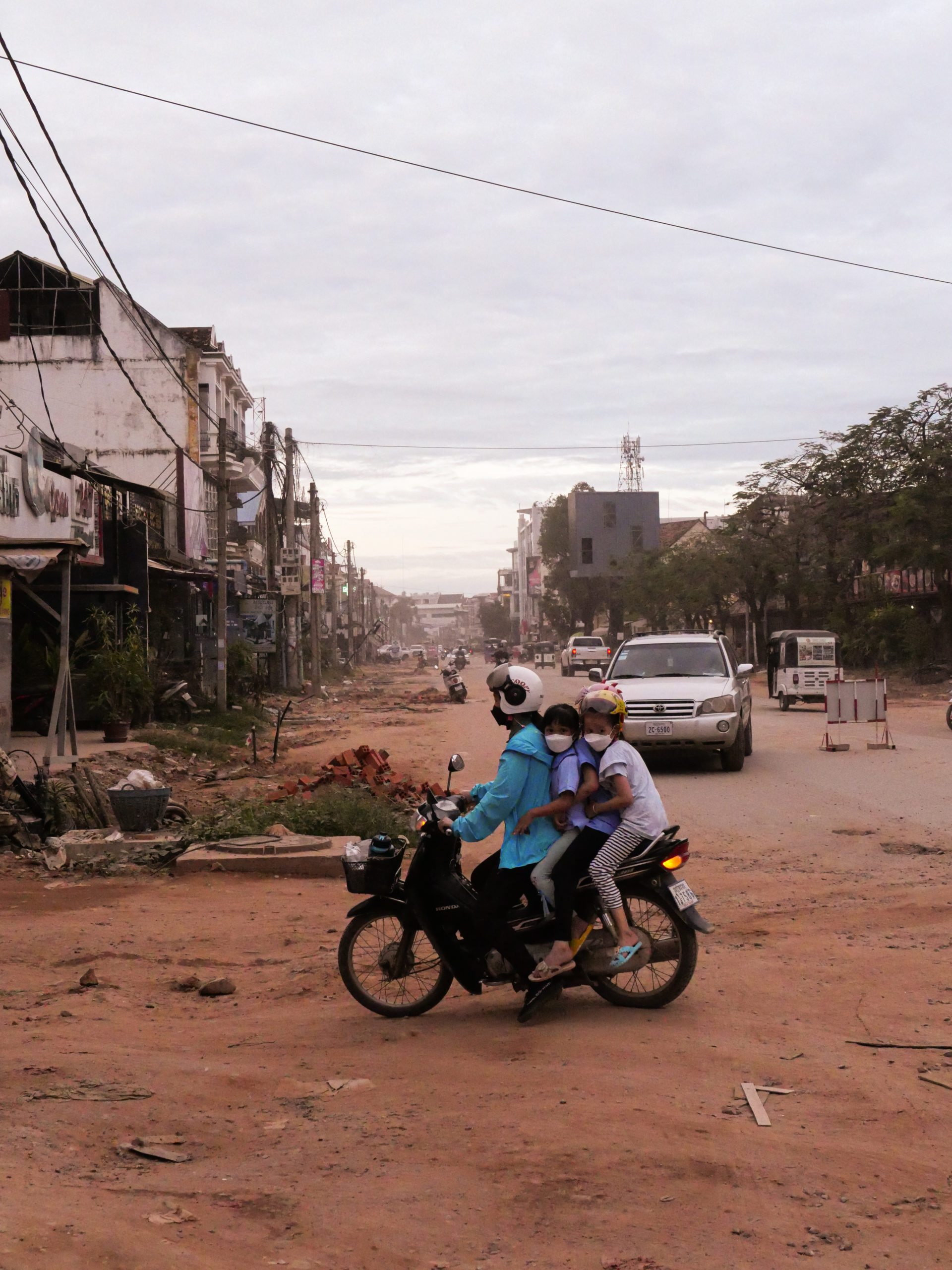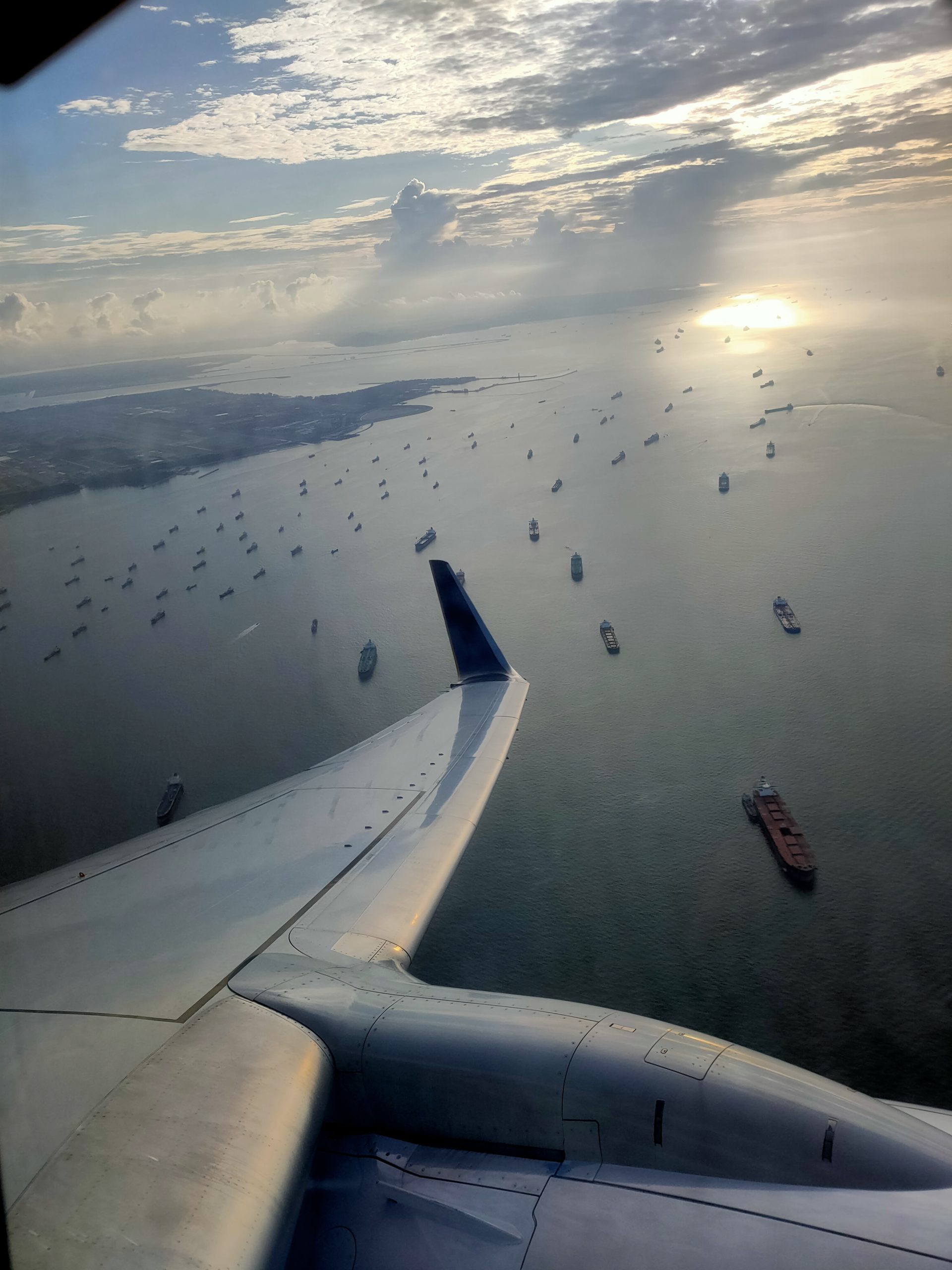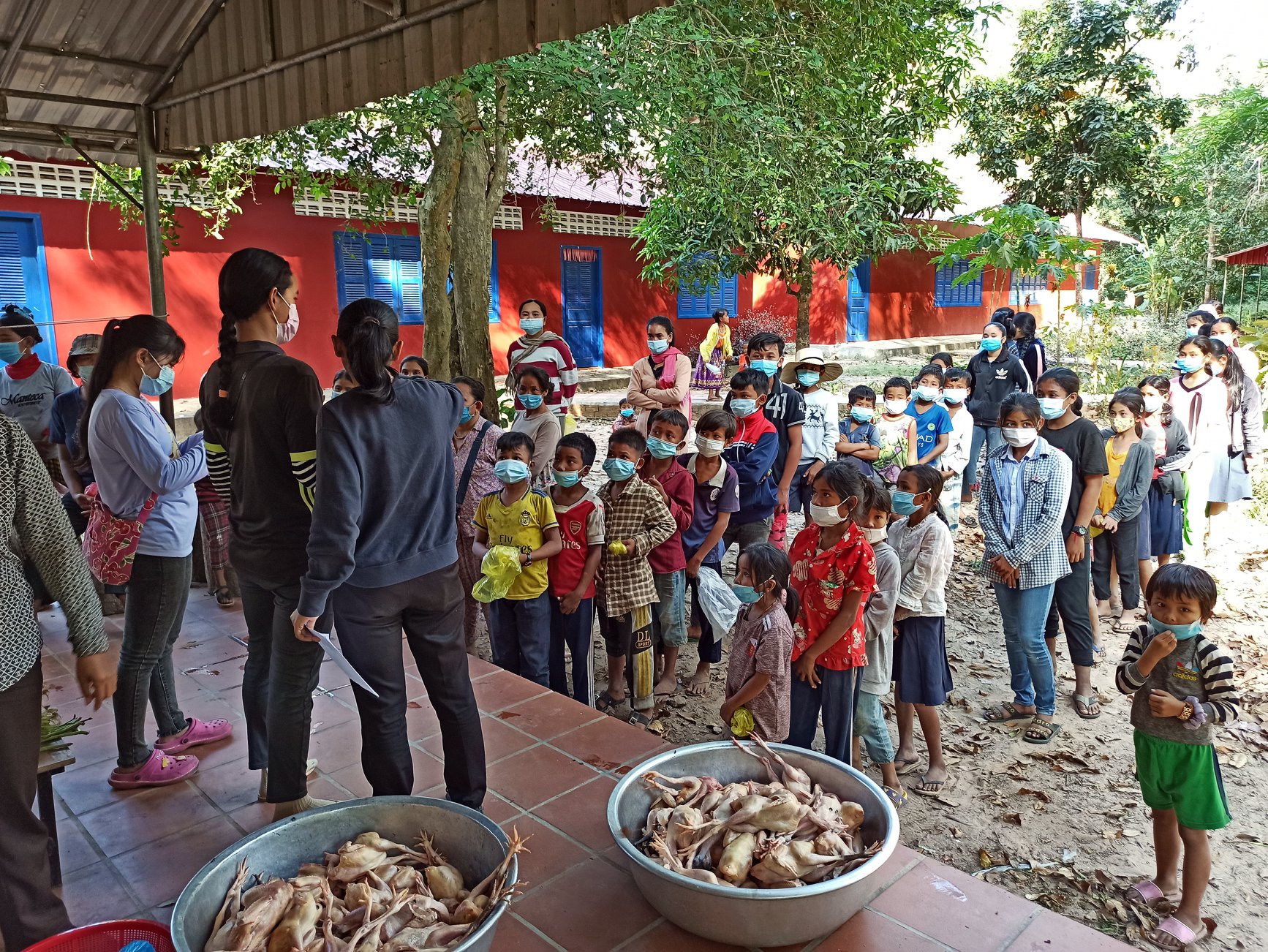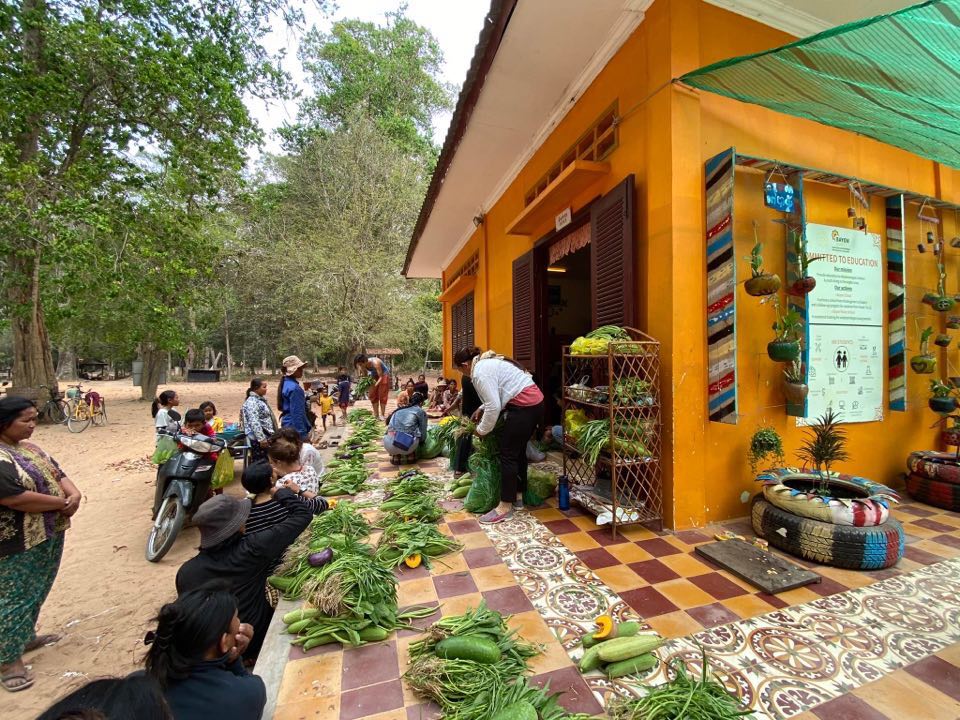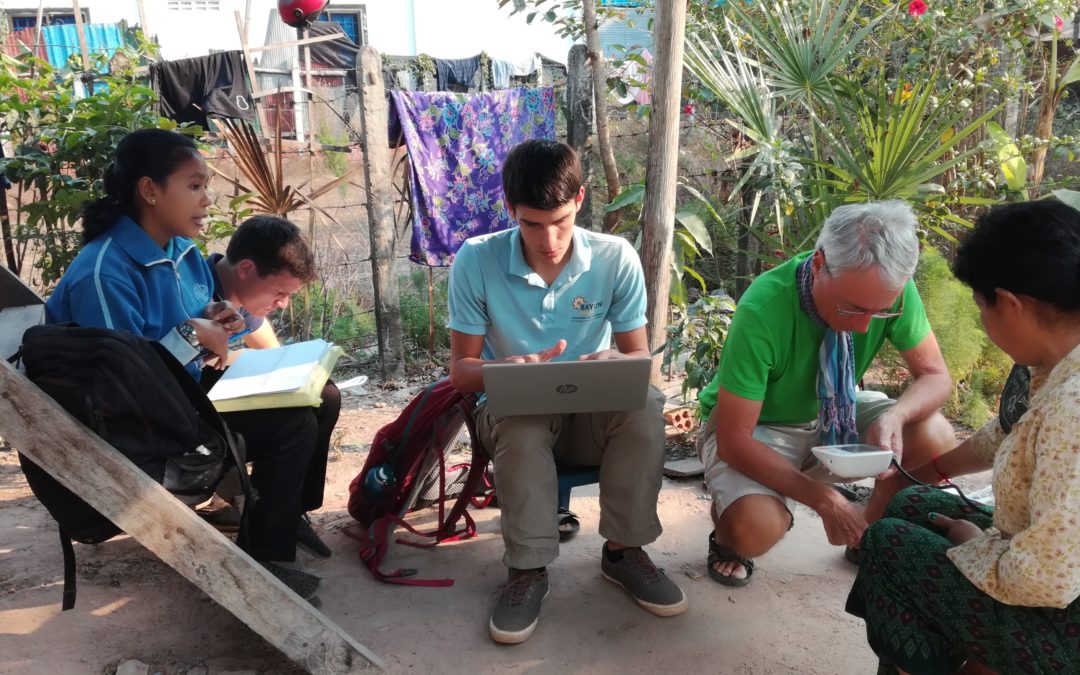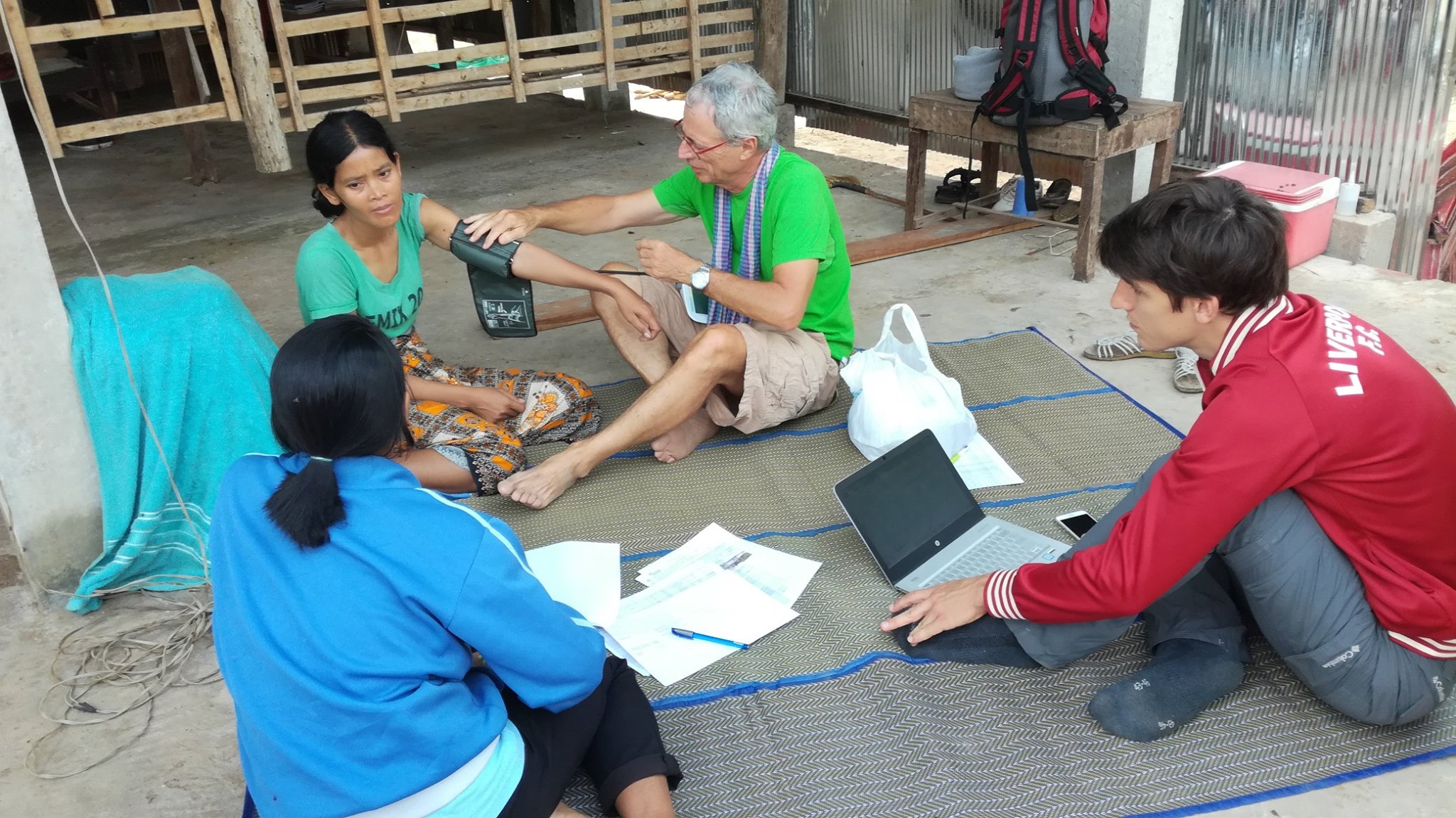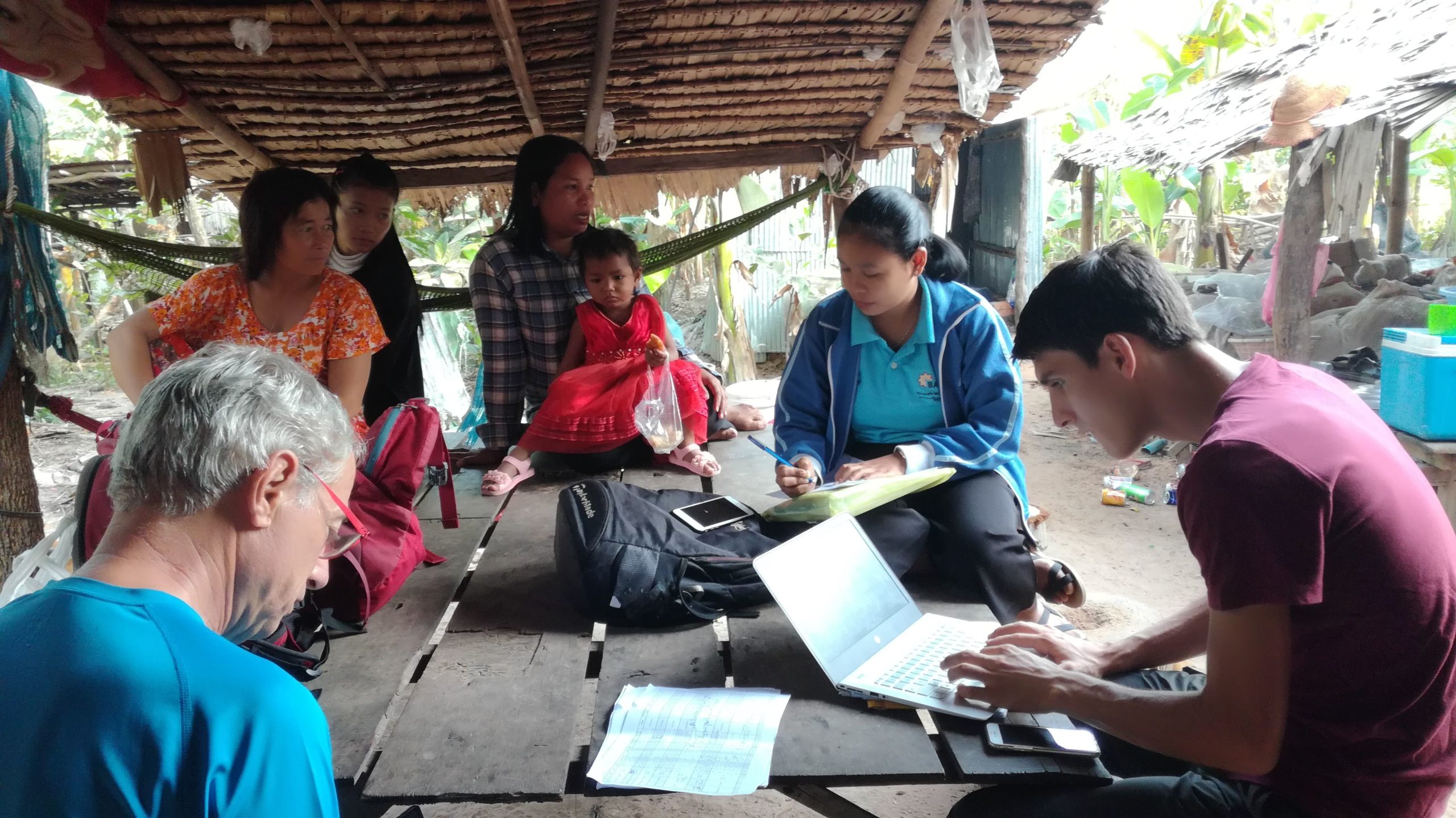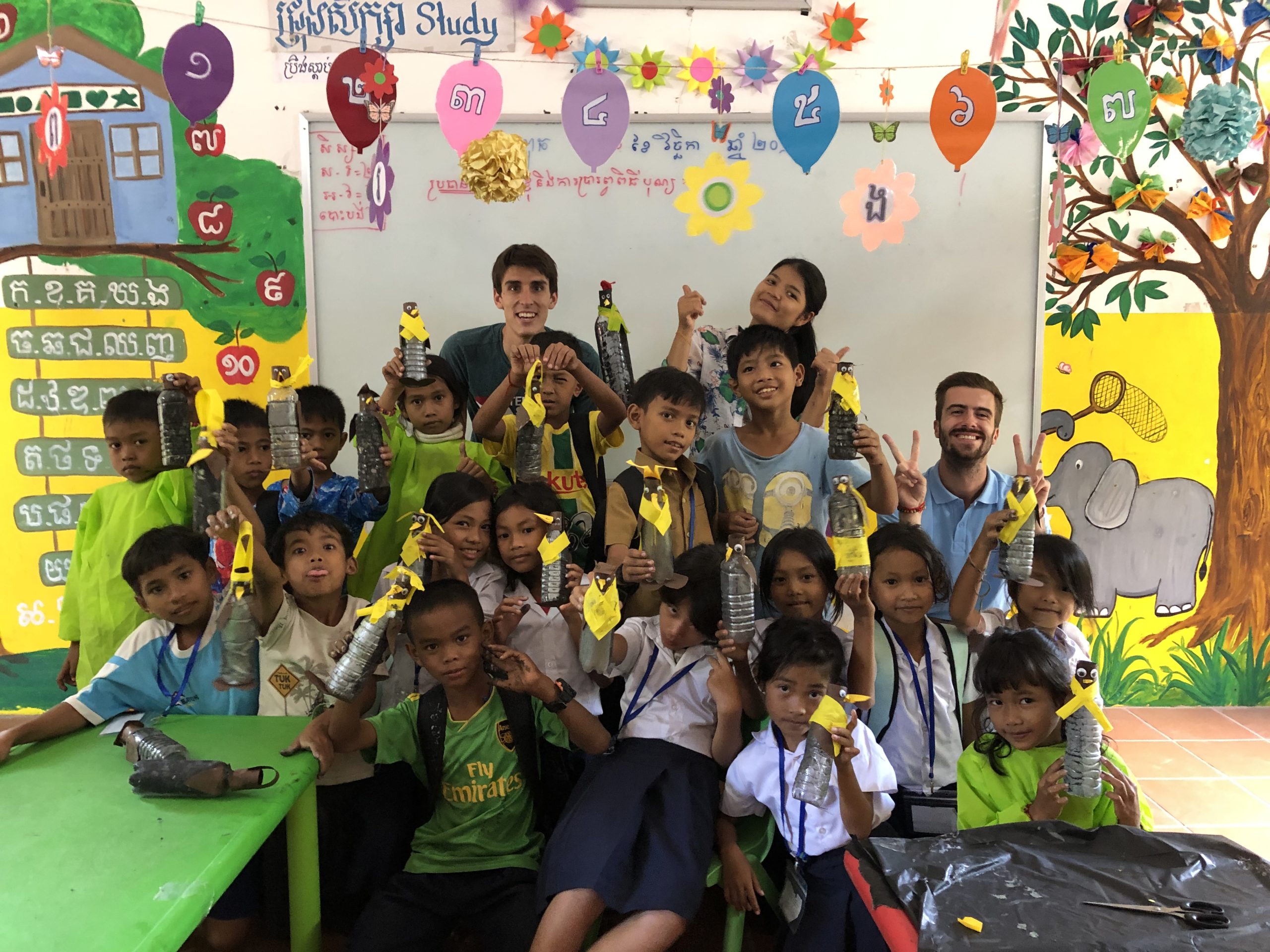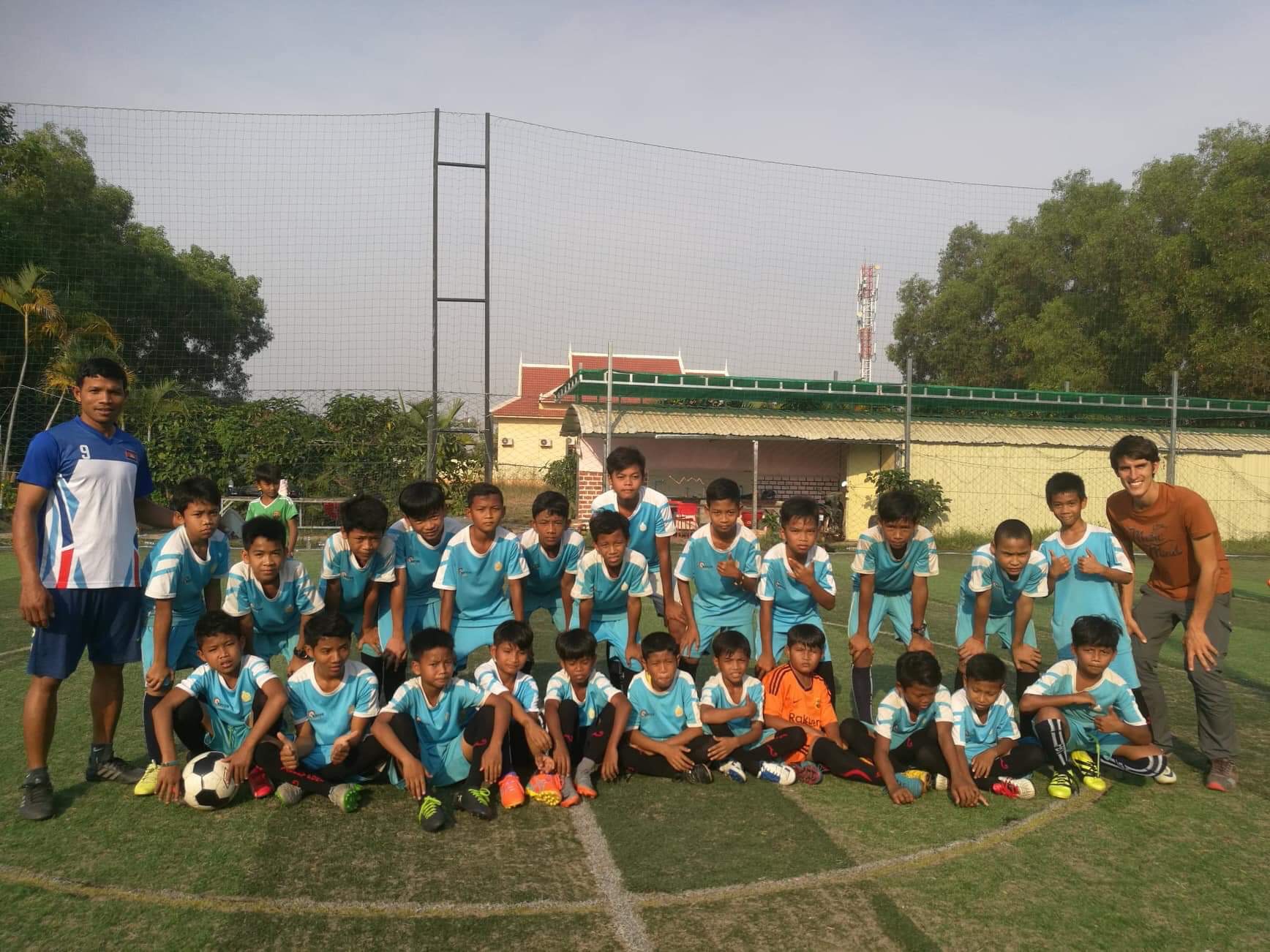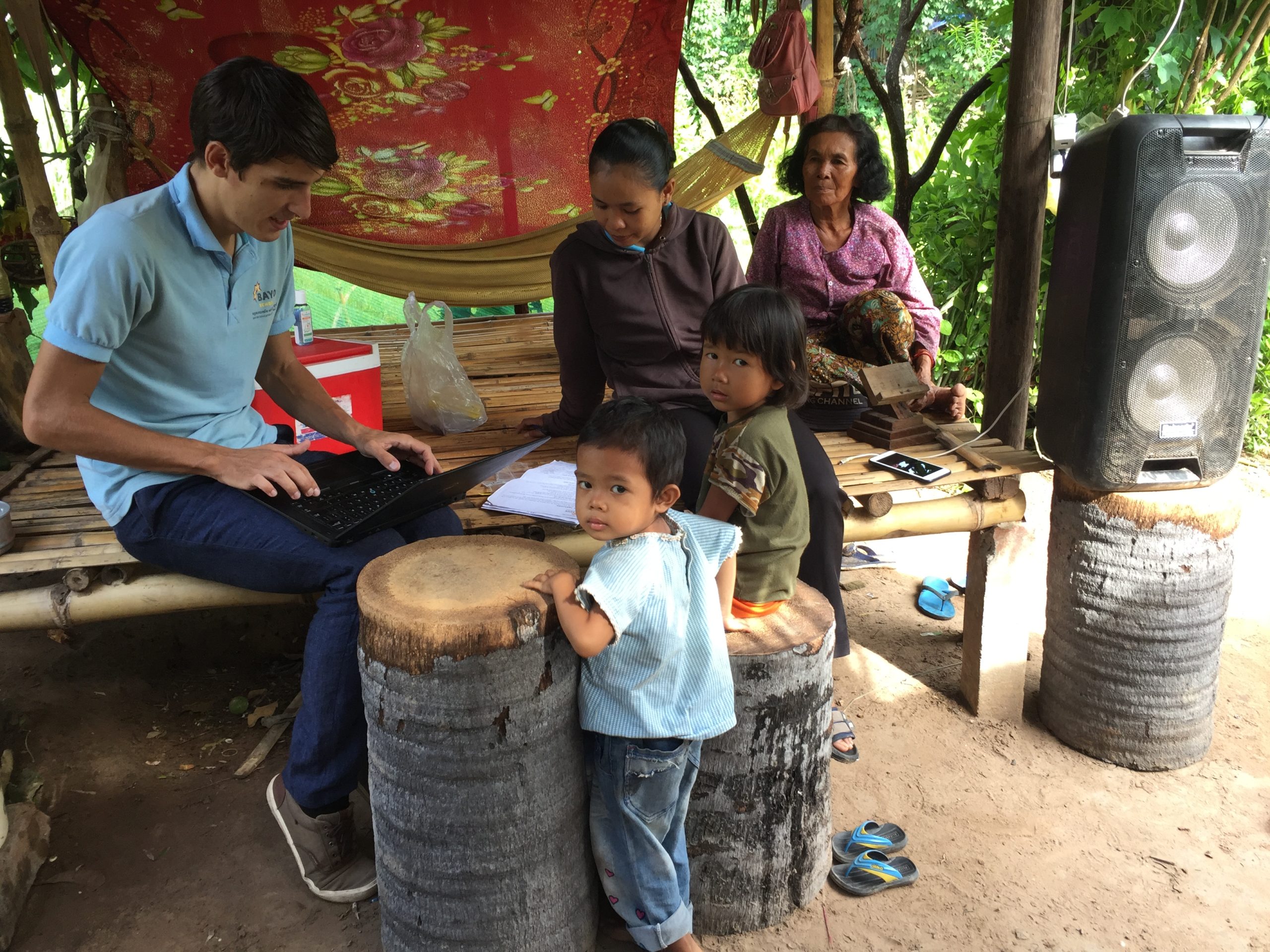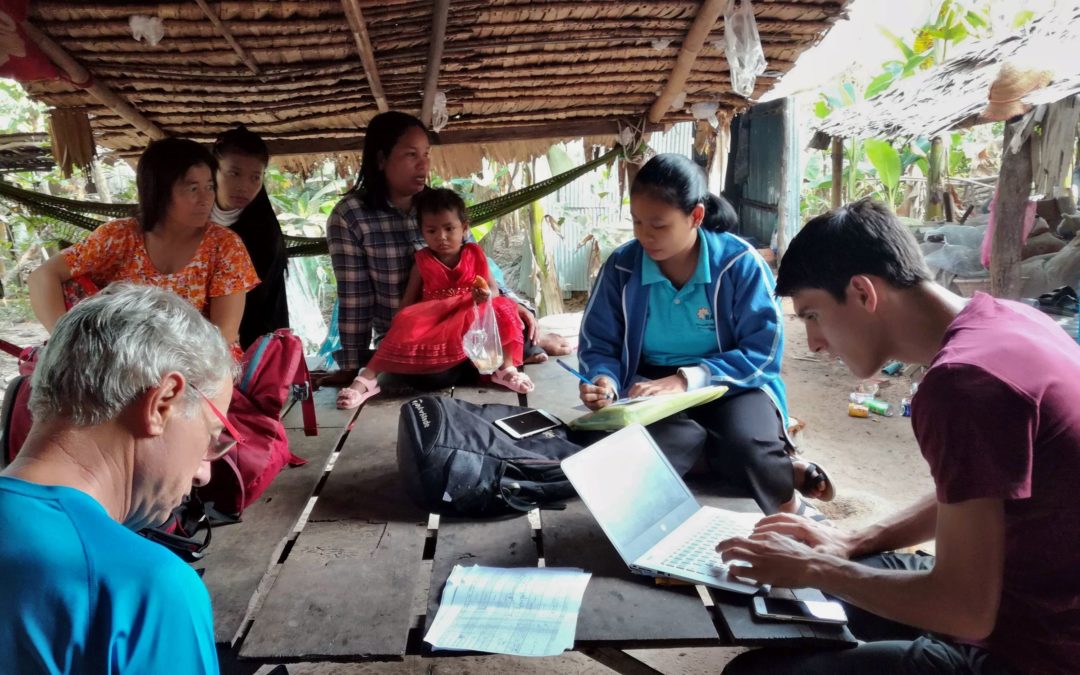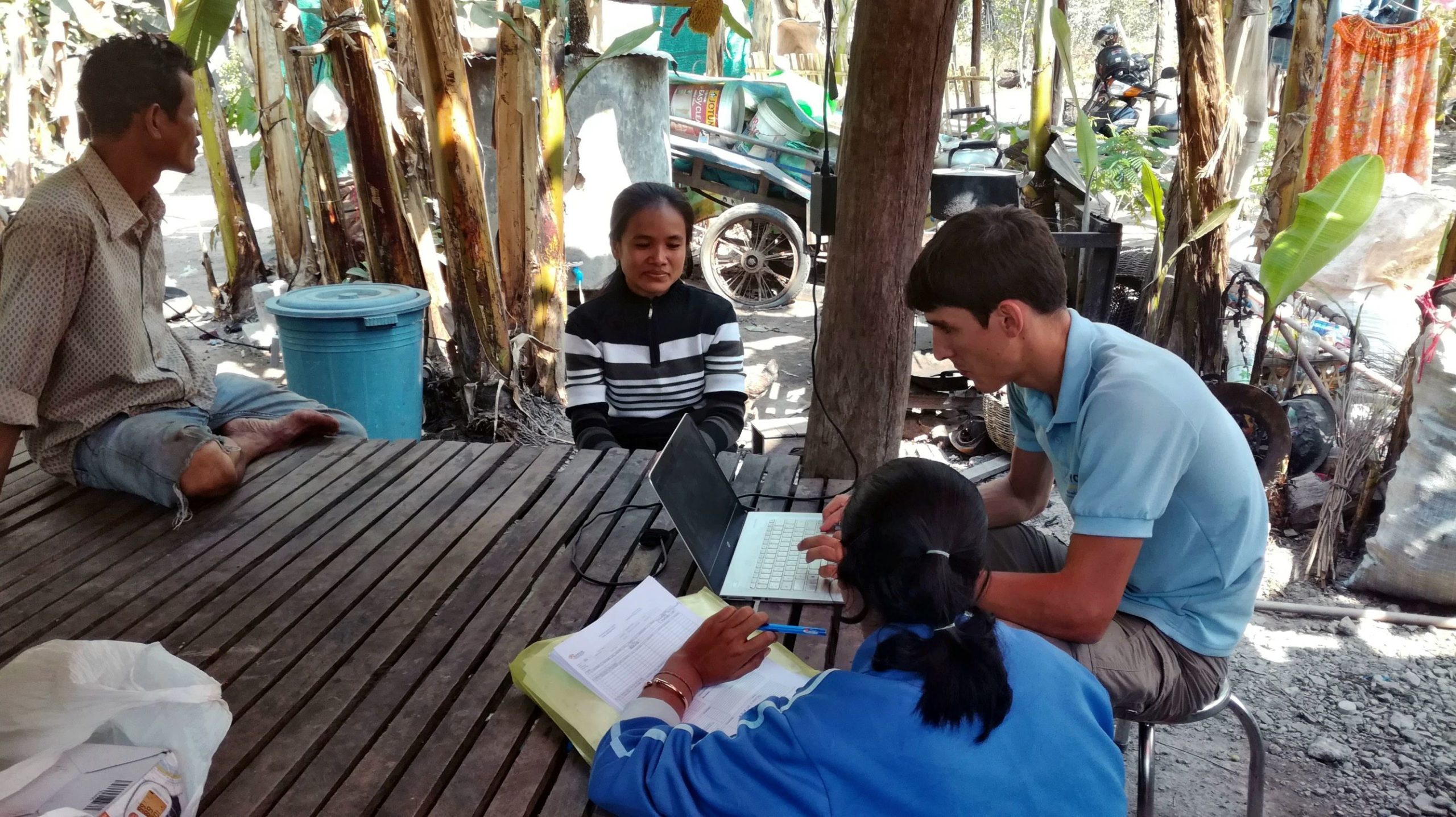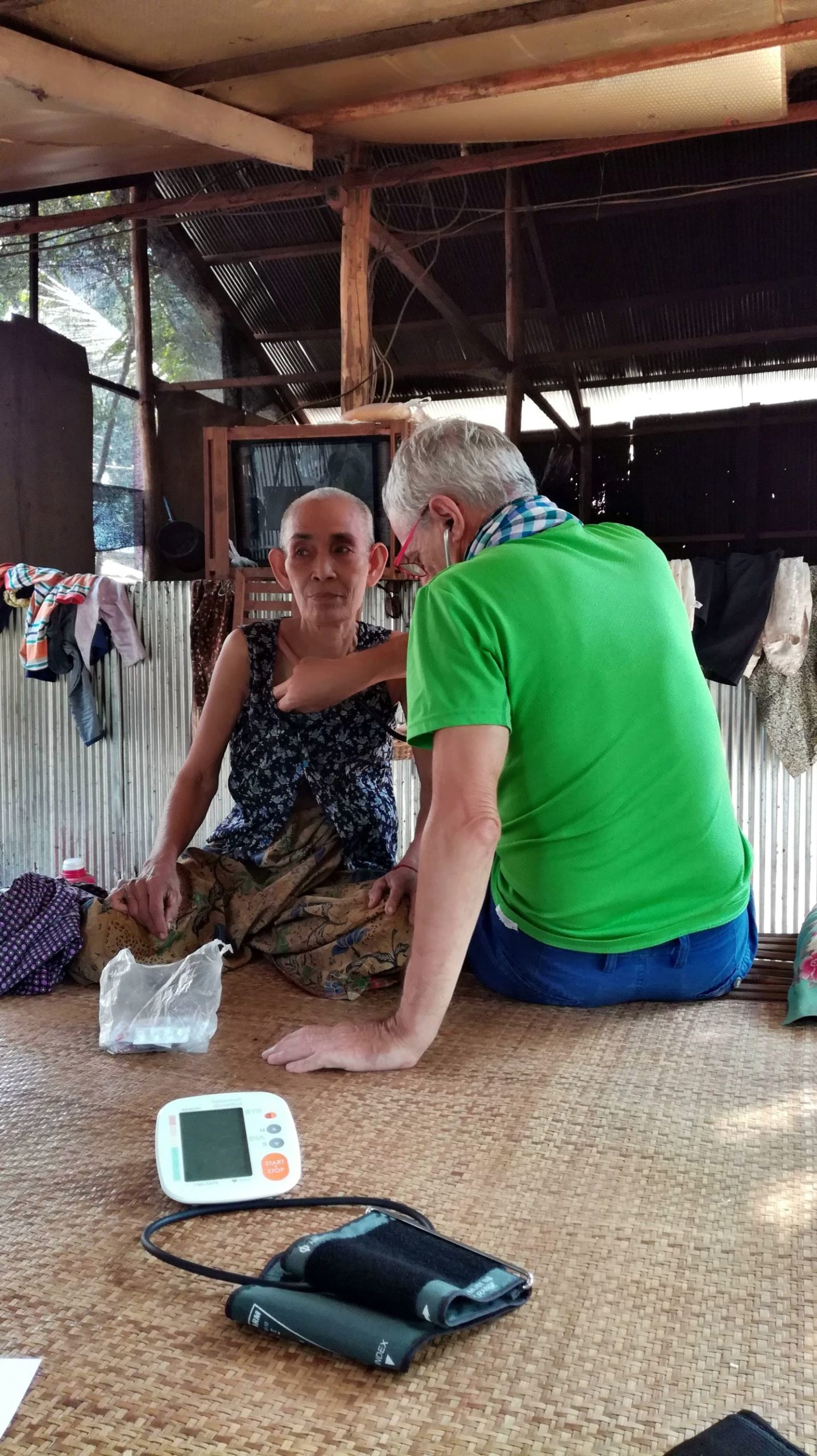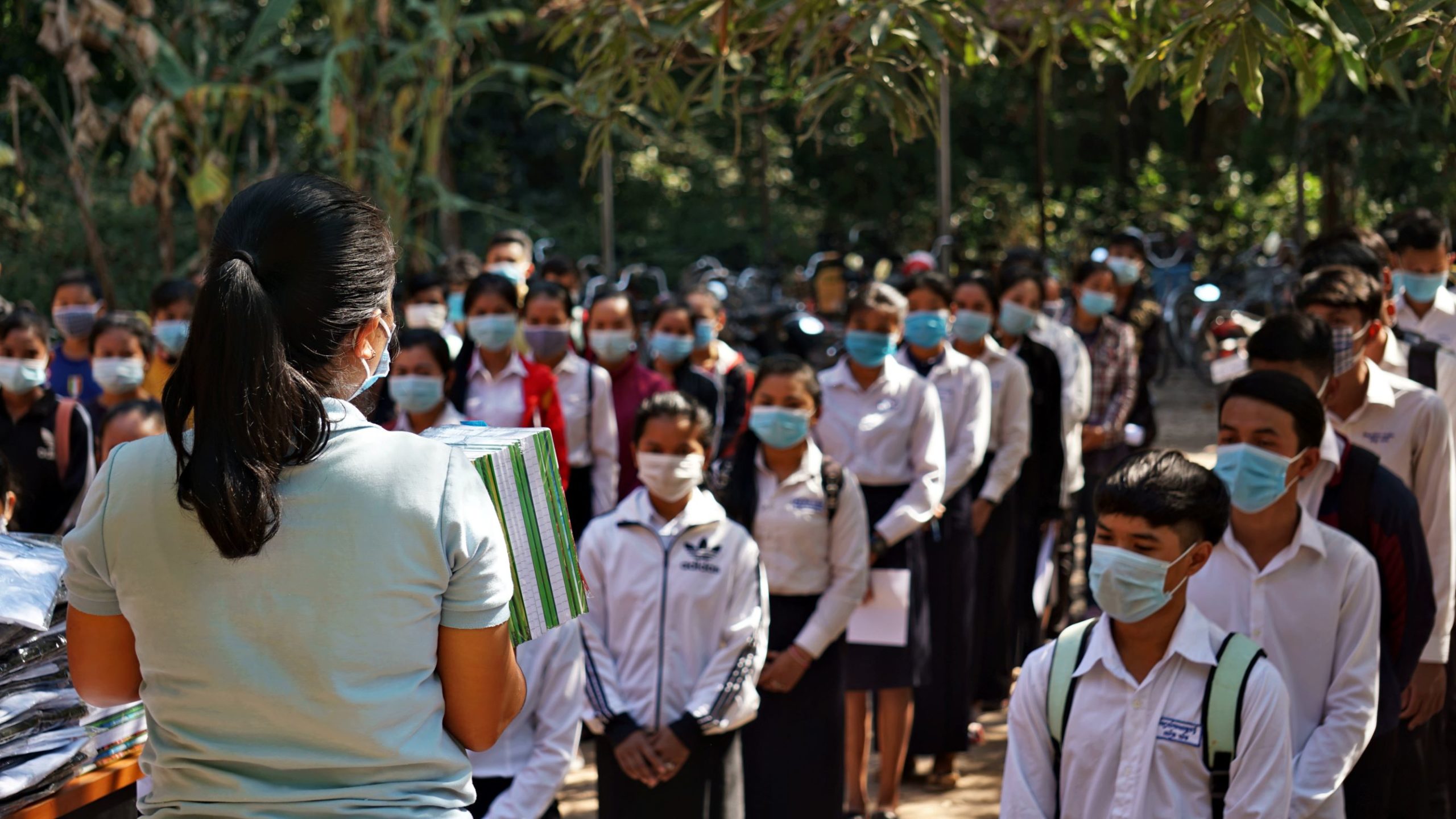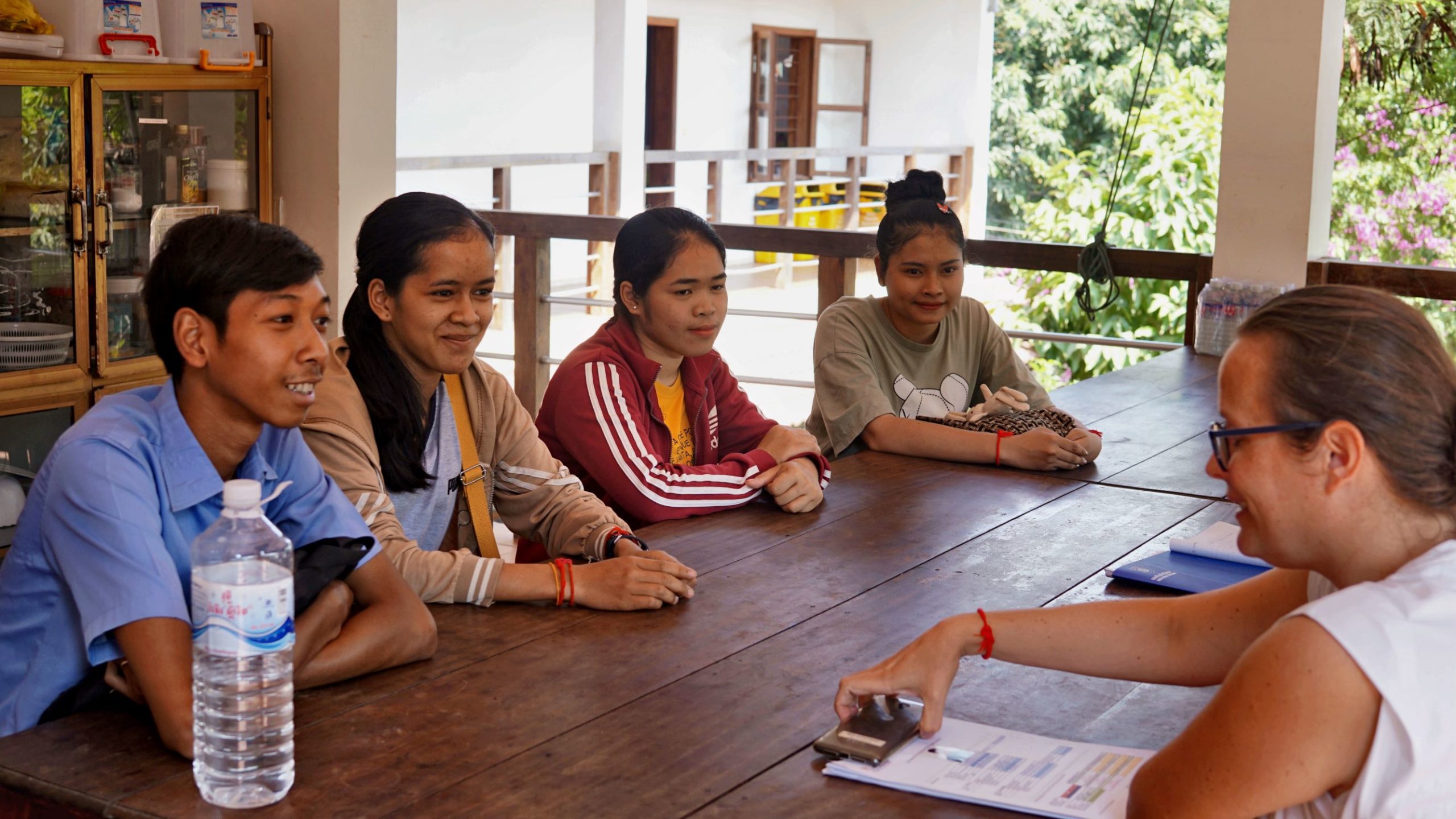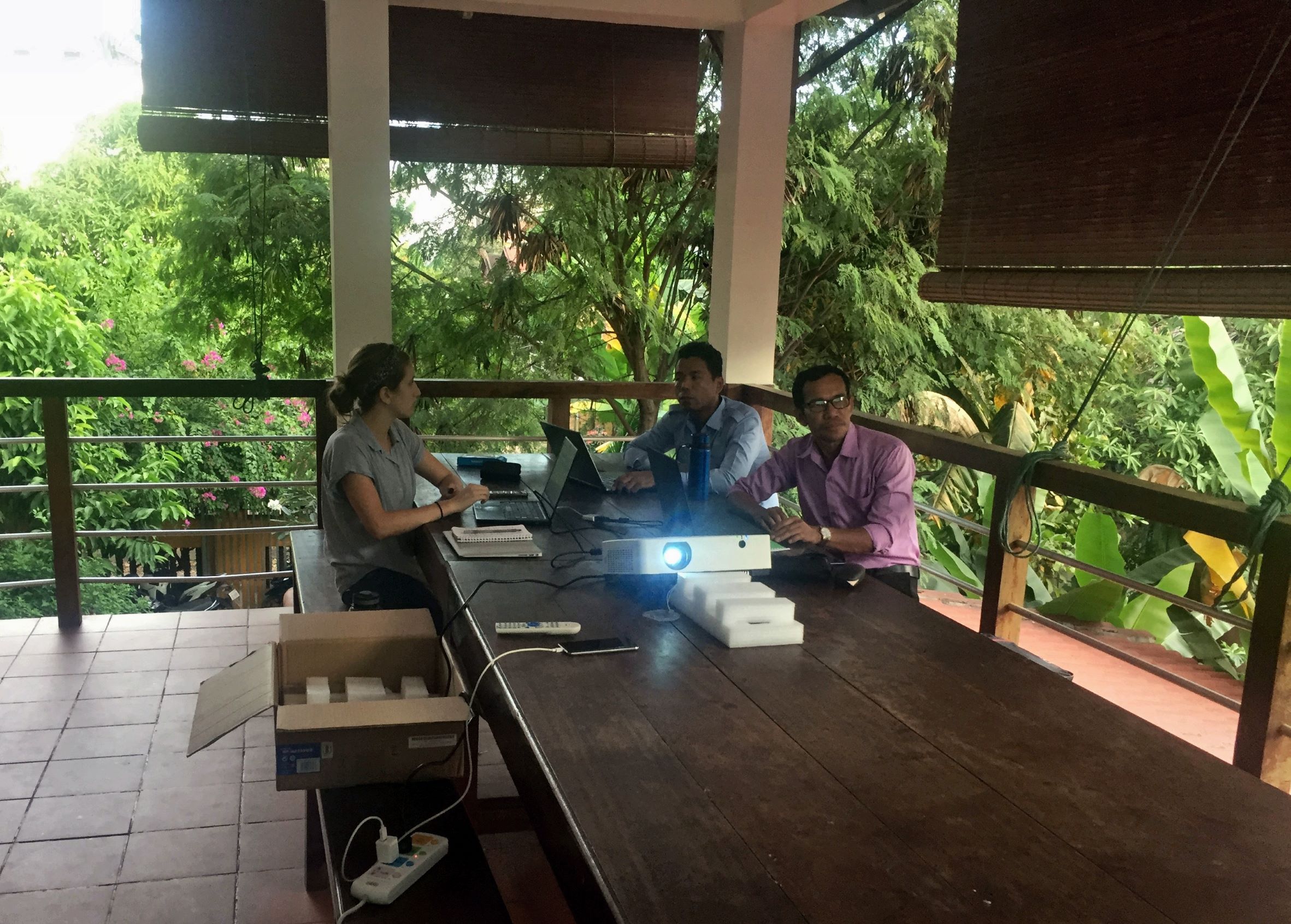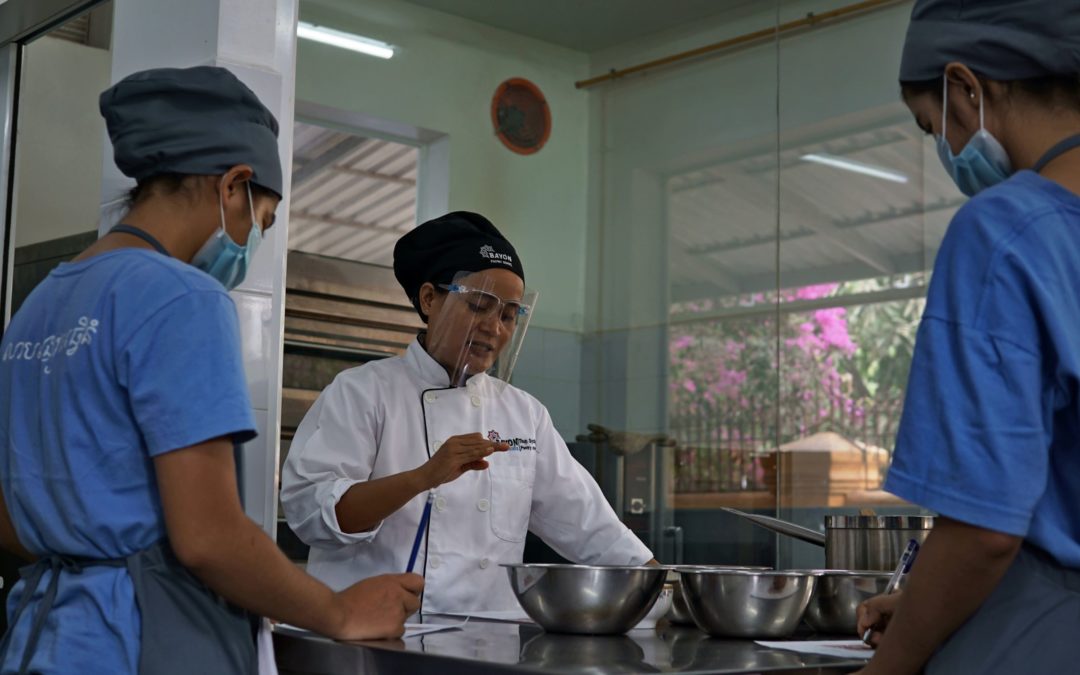
Four lessons to be learned from this exceptional year
Thorth, Vantha, Rithy, Sakoth and Soky come back with their words on these last two years and on what lessons they have learned. What tools will we keep in the future? What did we learn?
Resilience, solidarity and adaptability: these are the terms that have guided their work and become the driving force behind their commitment.
Lesson #1: Learn to anticipate to better apprehend
If you ask Thorth, Deputy Executive Director of the Bayon School, what he remembers about the past year, his first words are “unpredictable” and “stressful”. Indeed, his main goal over the past few months has been “to make sure that we would be able to maintain the education of all our students at a stable level: we had to consider which were the essential actions where we needed to mobilize our efforts and which were the ones where we could slow down, to make sure that we would be able to meet this goal, despite the situation.”
He explains that we had to consult, debate and make decisions to respond to the emergency, without knowing how the crisis would evolve: “This taught me to analyze and question myself more about future issues in order to anticipate this type of situation as well as possible, even though they are exceptional.”
“We learned to adapt quickly and to find a solution to each problem, thanks to the commitment of the entire team: the challenge was to move forward day after day and to think about our actions in the short term to ensure an optimal efficiency.”

Lesson #2: Communicate better to be aware of each other’s needs
The implementation of online courses within our training and the obligation to visit our primary school students in the villages made us realize that it was essential to be aware of everyone’s needs.
“We became aware of everyone’s needs because we were with them on a daily basis, in their villages and their environment. We were able to discuss with the parents, especially those whose children are having the most difficulty. Today, this allows us to go back to school knowing which students we need to follow more closely, even though we are back to functioning normally.”
The development of online education – Zoom, YouTube and Telegram – means that our baking school students have been able to use these different communication channels to stay in constant contact with our teams and their peers. Sokly, our pastry teacher, and Rithy, the new director of the pastry school, were therefore never disconnected from the reality of each one, quite the contrary.
“Each platform had its purpose. Zoom was a way to discuss together any questions related to the courses but also a space where students could hear and exchange with each other. YouTube allowed students to review at their own rhythm and to prepare their questions for our online meetings. Finally, Telegram was our main tool to discuss more informal, but all the more important, subjects at this time: how they are feeling, their emotions about the crisis and how we can help them. It allowed us to stay connected with them and for them to feel that we were listening to them.”
Lesson #3: Focus on short and local circuits
When the town of Siem Reap closed and all activities were suspended, the Vegetable Garden Project team was faced with a major dilemma: how to sell the vegetables produced by our farmers and avoid losses?
“Most of the farmers could no longer move between villages while the vegetable production was increasing. They had no way of selling their vegetables and we needed to find solutions. Working with the social team and the follow up team, we decided to buy back the vegetables and then redistribute them to our beneficiary families. They were therefore assured of having an income to take care of their families and we were assured that our beneficiaries would have something to eat despite the loss of their jobs,” said Sakoth, manager of the vegetable garden project and the agro-ecology school. “This project has strengthened the work of our farmers and made them aware of the role they play in Bayon’s chain of support. They are increasingly motivated to learn and to become more involved, so that it benefits everyone.”
From a more global perspective, the complete absence of tourists has had a considerable impact on our activities, mainly that of the Coffee Shop. For Thorth, it was the opportunity to rethink our relationship with the local population, so that we would not be completely dependent on tourists. “The closure of the Coffee Shop was not easy to manage since its income finances our pastry training program. We had to find new solutions. Today, we would like to develop local products so that we can serve a local clientele and increase our visibility in Siem Reap.“

Sreyleak, Coffee Shop Manager.
Lesson #4: Working better as a team for greater efficiency
The social team, in constant contact with our students and their families, has been at the heart of our actions for many months. Their work has been essential in following up with our families and responding effectively to the emergency. Soky, head of the social team, is proud of the work accomplished by her colleagues.
“We had to work hand in hand and it was not always easy. We had to think about our actions as a team, to divide the tasks. We realized what needed to be done and had to prepare ourselves to be more effective in the field. I’m really proud of our work; we’ve been busy, it has been hard work, but we have never stopped thinking about the families and the children.”
Outside the Bayon School team, it was also necessary to work closely with the local authorities, as it was difficult to get around. “We worked jointly with the village and community chiefs. They often acted as a relay between our beneficiaries and our teams, which allowed us to keep in touch, even when we could not move between areas,” explains Thorth.
What we remember from that time is the force of teamwork: we can help each other to help those most in need. The team is more close-knit now than ever before.
